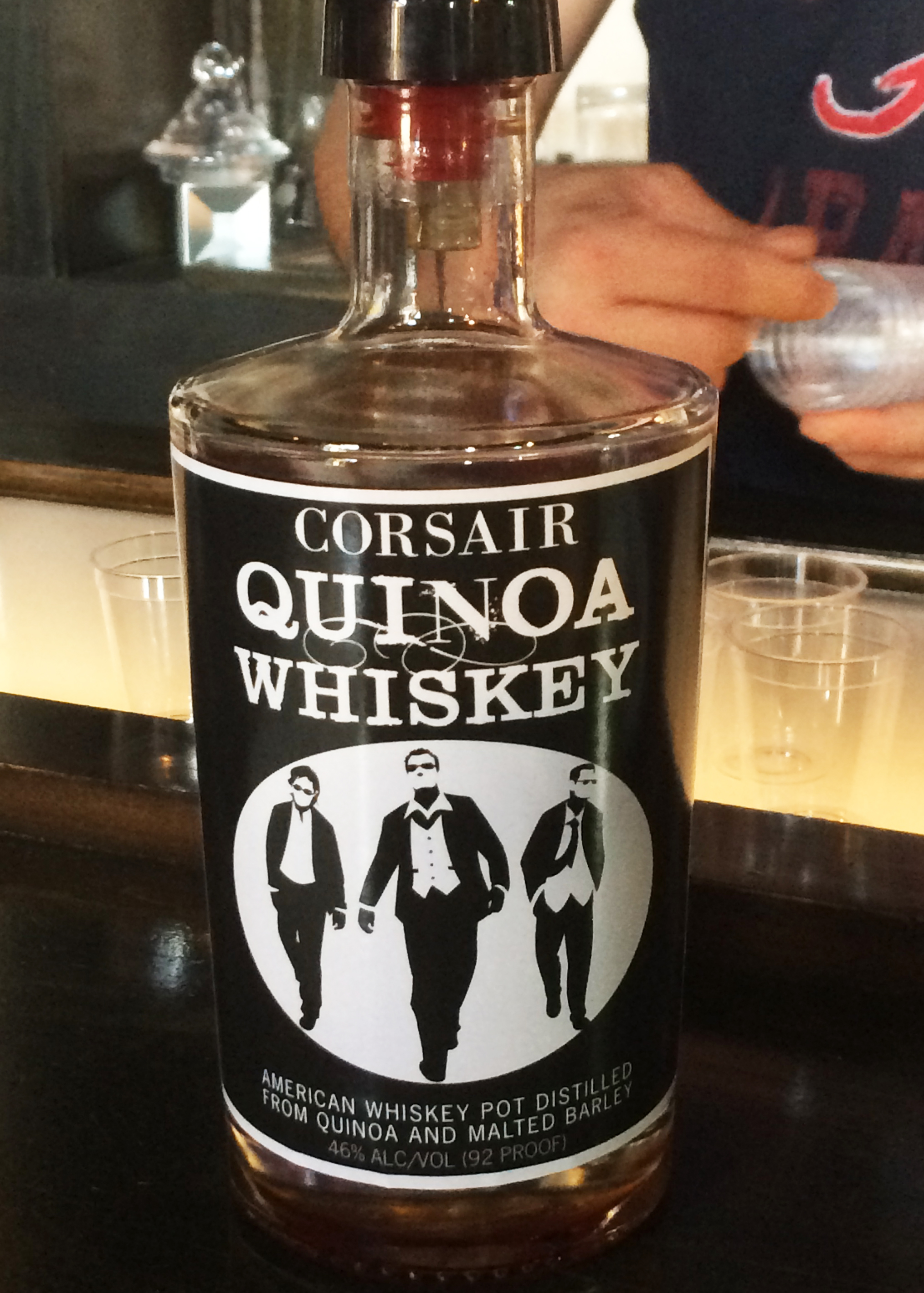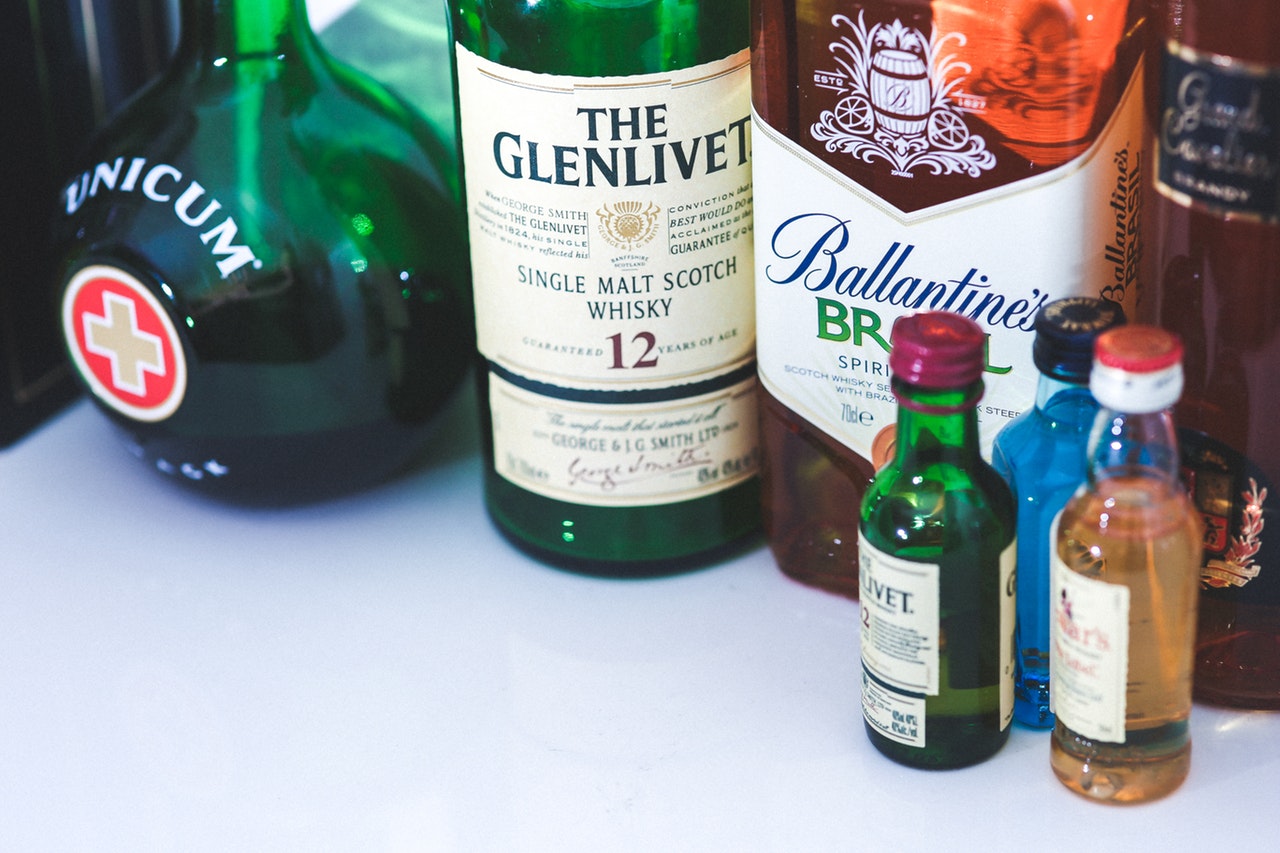Let’s be honest, most of us as consumers don’t read each and every word on a food and beverage labels, especially that fine print way down at the bottom. Sure, we check the ingredients, maybe even the calorie count, but for the most part that’s about it. But when it comes down to it, everything on the label matters. Not necessarily to the majority of consumers, only those trying to squeeze money out of the pockets of businesses. And, as demonstrated below, it only takes one person to notice something questionable to cause major headaches.
Just ask Diageo PLC. They were recently sued over the labeling of their Red Stripe beer. Although marketed as a “Jamaican-style lager” and the logo of a Jamaican brewery is displayed on the bottle, the beer is brewed and bottled in Latrobe, PA. This isn’t something Diageo is trying to hide, they disclose it directly on the label. However, the complaint claims that the label falsely misrepresented the country of origin of the beer which resulted in consumers paying higher costs for an imported beer. I guess the plaintiffs haven’t purchased domestic craft beers lately, which can be some of the most expensive items in the beer cooler.
Another recent proposed settlement with “mislead” consumers came from the owners of Templeton Rye, an Iowa-based whiskey maker. According to the complaint, the whiskey company conducted deceptive marketing practices for failing to disclose its product’s origins, and further suggesting that it was made in small batches of a “Prohibition-era recipe.” In fact Templeton Rye doesn’t even distill their own product. Instead, it buys the rye from MPG Ingredients in Lawrenceburg, IN, and passes it off as their own distillate. The rye whiskey that Templeton Rye purchases isn’t even made in small batches, but in large quantities which Templeton Rye purchases in small amounts, the remaining whiskey is sold to other distillers which is then bottled under different brand names.
Although Templeton Rye does blend the whiskey at their facilities with an alcohol flavoring formulation which they purchase from yet another vendor to achieve their own flavor profile. Of course, all of this is disclosed on the company website, but that didn’t matter to the plaintiffs. Templeton Rye’s co-founder, Keith Kerkhoff, is livid, stating: “It’s all about greedy people…if people didn’t like our product, they wouldn’t have bought a second bottle.” The parties have reached a settlement where the company has agreed to reimburse consumers who purchased their product in the amount of $3-6 per bottle, up to 6 bottles.
Last year, Fifth Generation Inc., the marker of Tito’s Homemade Vodka, was sued in California for false and deceptive marketing, and in Florida for unfair and deceptive practices. The vodka maker touts that its product is “handmade”, however, this apparently isn’t the case anymore. Originally, the vodka was made by its founder, Tito Beveridge, in pot stills just outside of Austin, TX. But now, the company produces over 850,000 case per year out of an industrial facility. The company has stated in its own defense that their labels were signed off by the Alcohol and Tobacco Tax and Trade Bureau (TTB), so if putting “handmade” on their label is “false advertising” then the TTB wouldn’t have approved the labels in the first place. Apparently, this logic wasn’t enough for the courts to dismiss the lawsuit.
As you can see above, each word really does matter. Similar lawsuits against alcohol beverage makers are being filed more and more frequently. Whether on a beverage label or marketing campaign or website, it is important to review and analyze all materials prior to releasing them into the marketplace. If a company doesn’t have internal staff qualified to complete this type of regulatory review, they should locate and hire a specialist. Think of this as buying an insurance policy. You spend a small amount of money to get it right the first time to mitigate risk, instead of going without and hoping for the best. But if something is incorrect, one of two scenarios happen: regulators come knocking on your door or you’re served with a civil complaint by affected “consumers.” Either way, the company is faced with the high cost of defending themselves and possible damage to their reputation, which will most likely result in loss of customers.
If your business is unsure whether a label or marketing materials are in compliance with, or need assistance in adapting your label or materials to meet, TTB or FTC regulations please contact our attorneys at Morsel Law.



